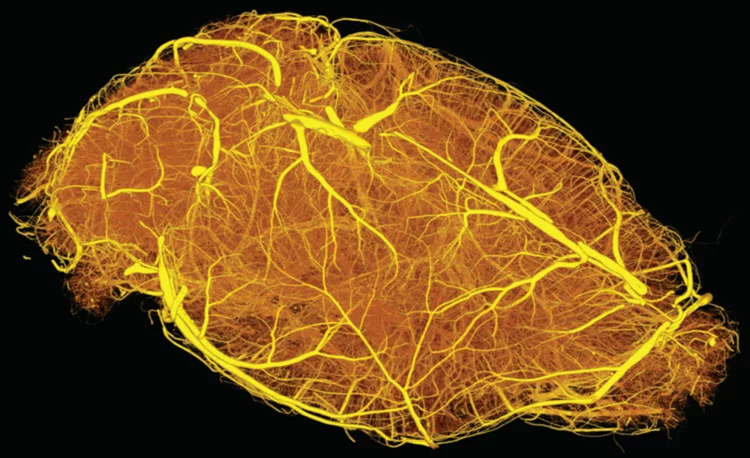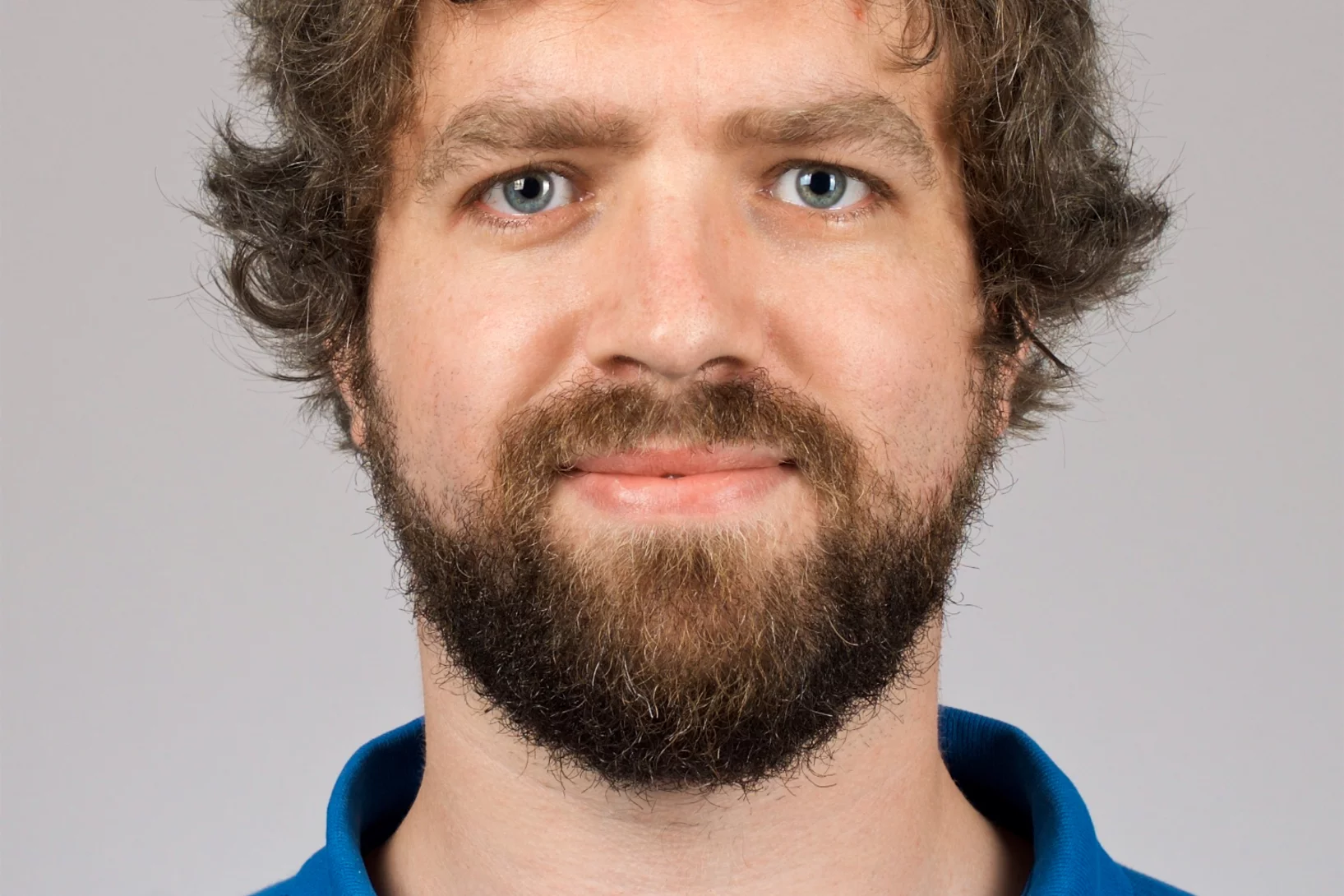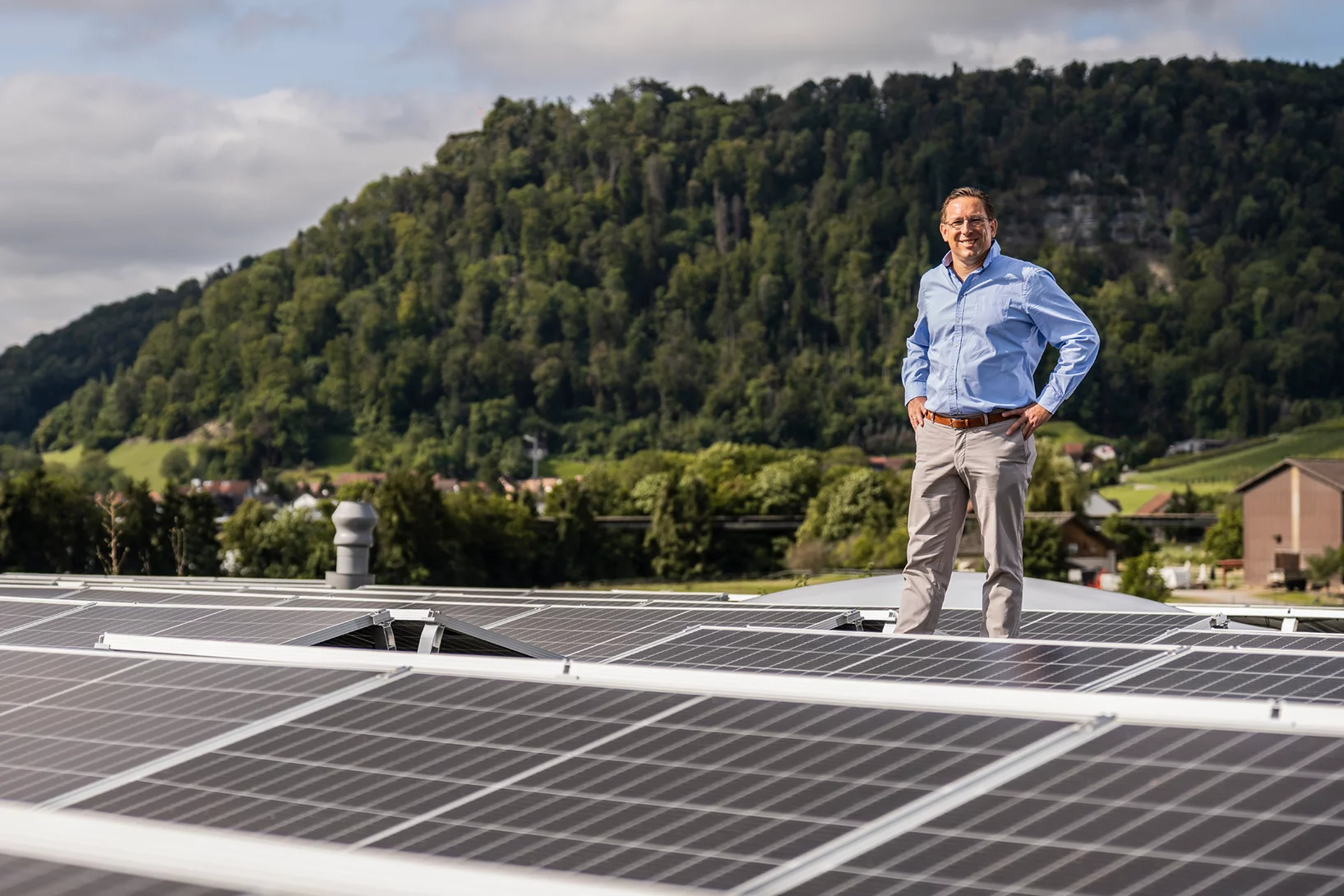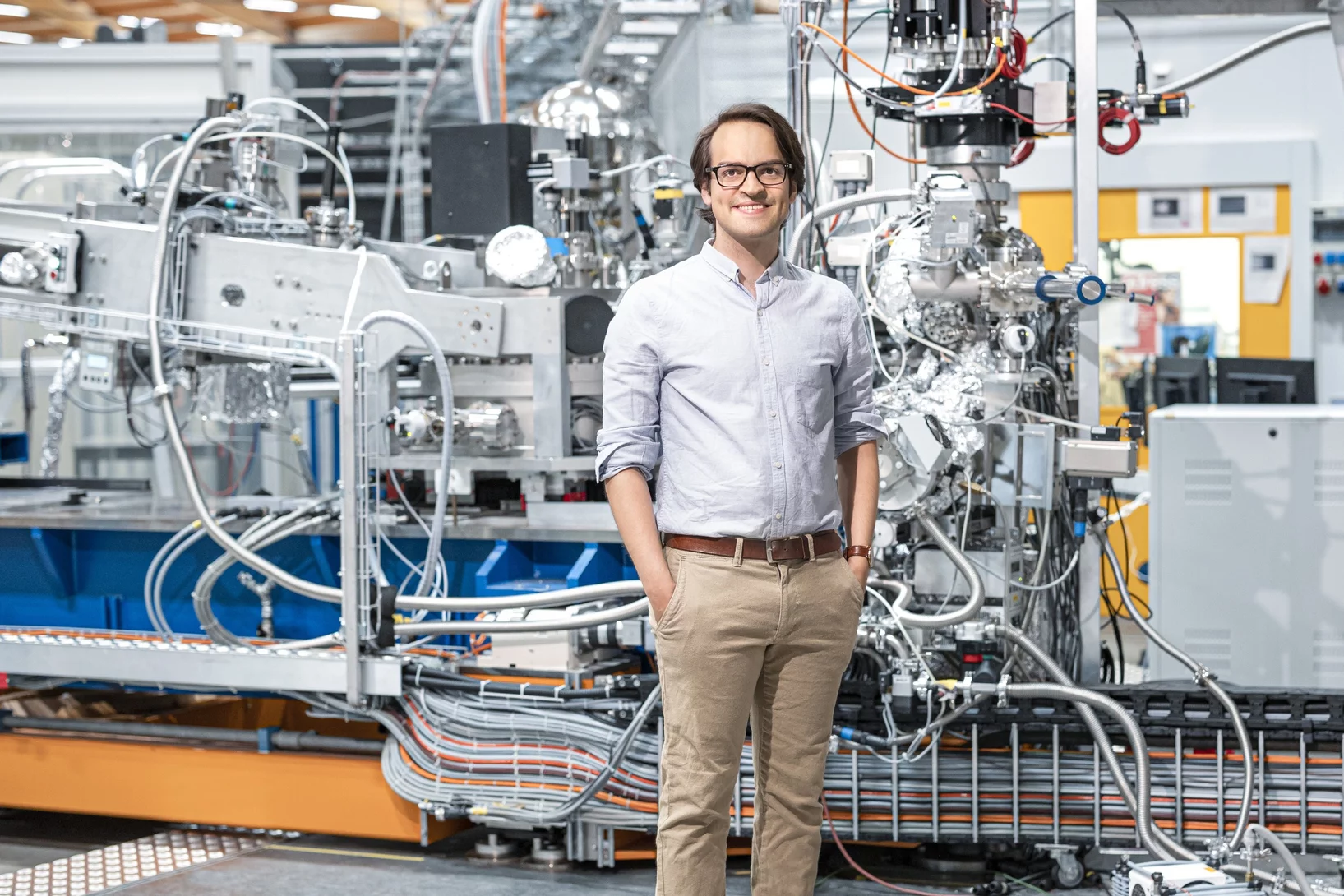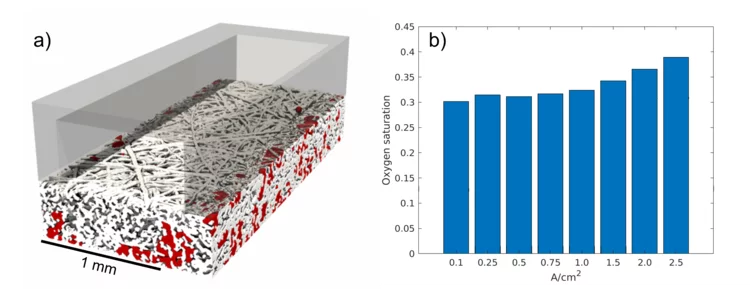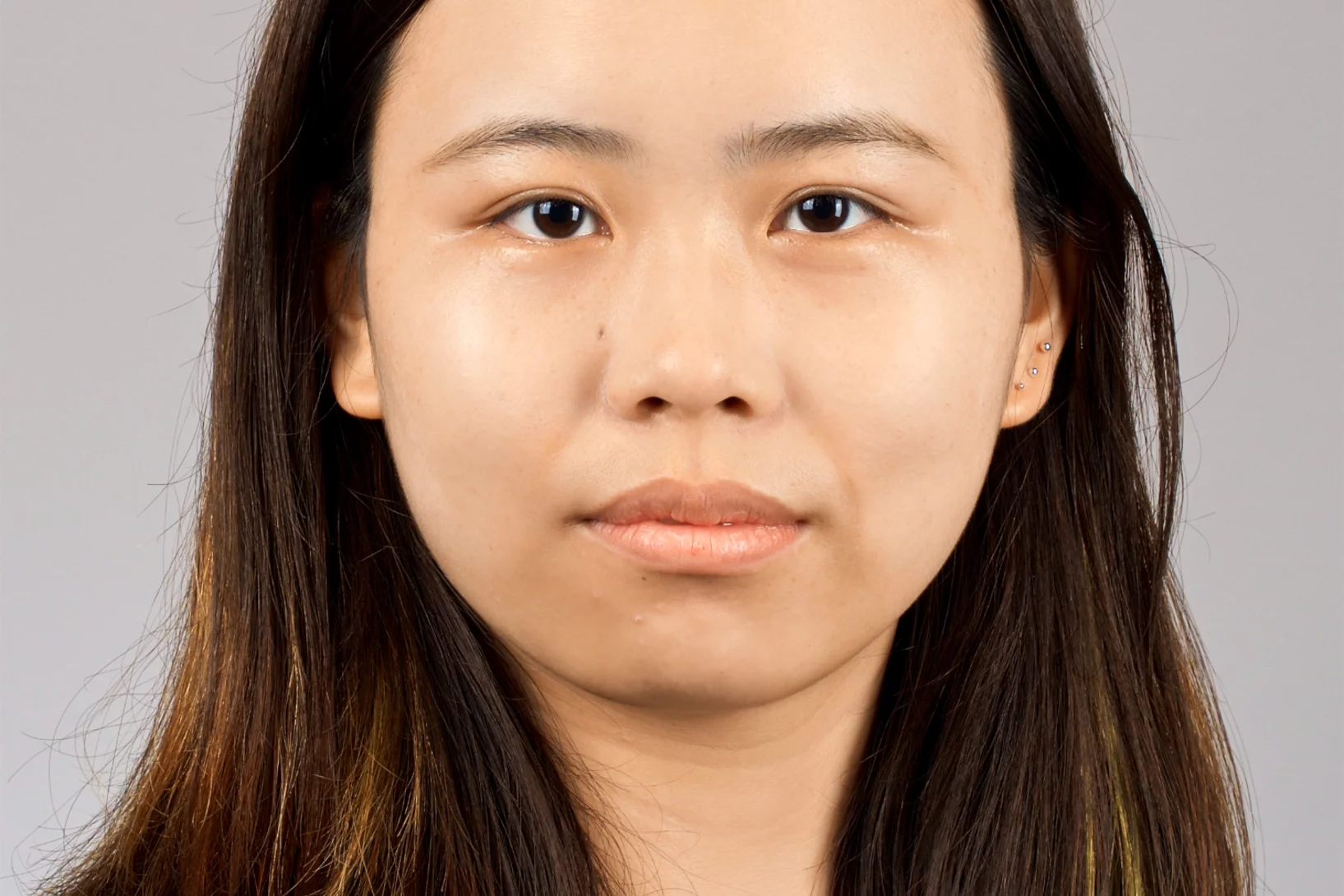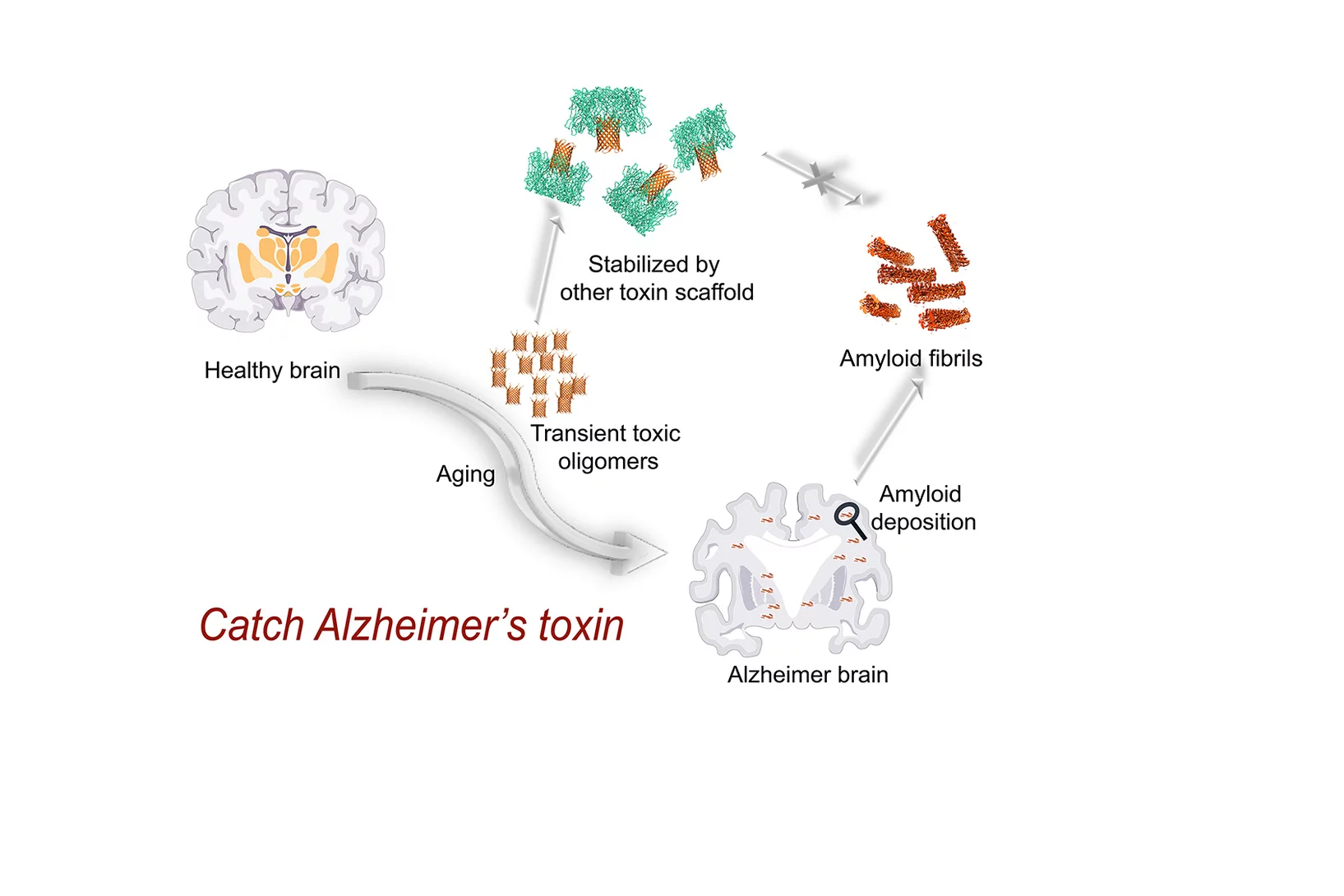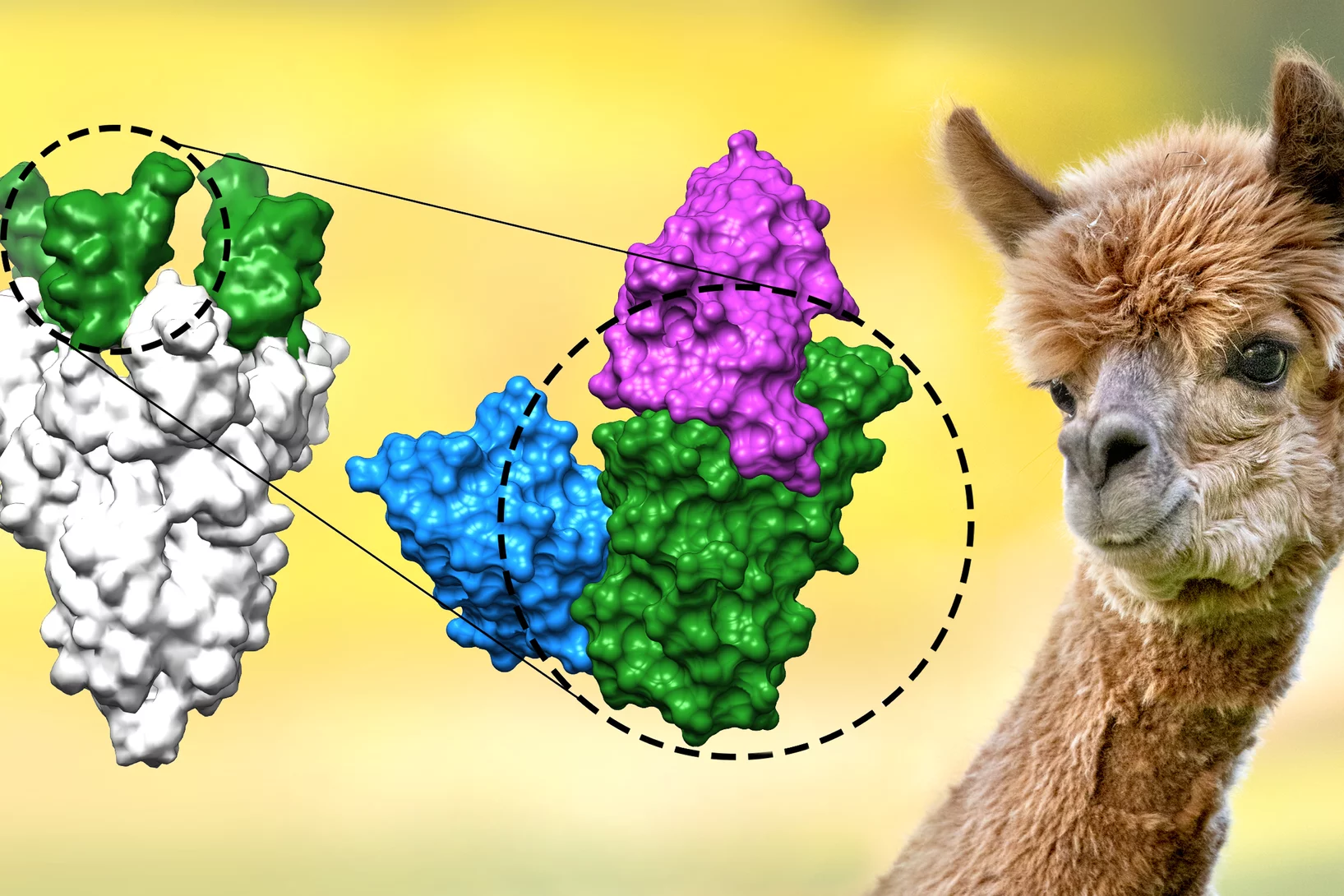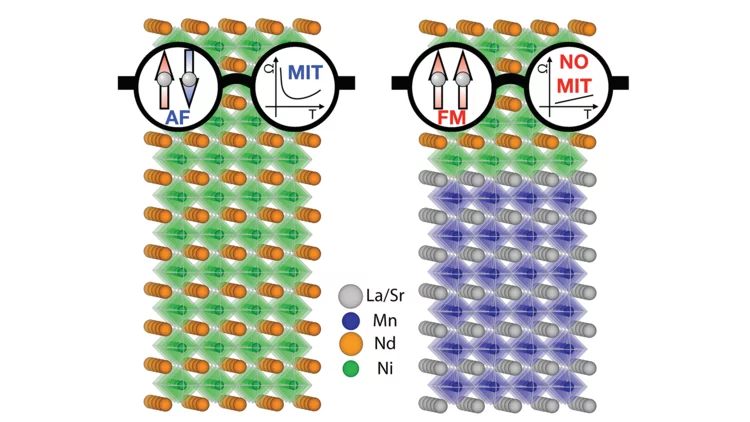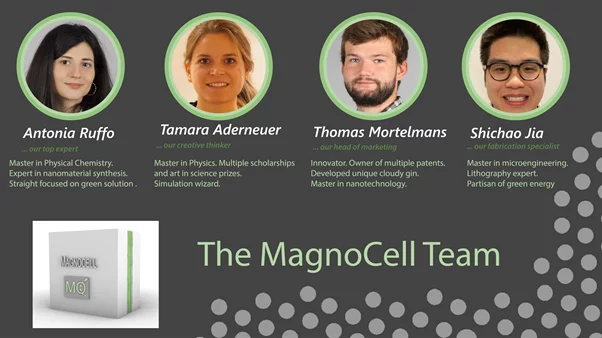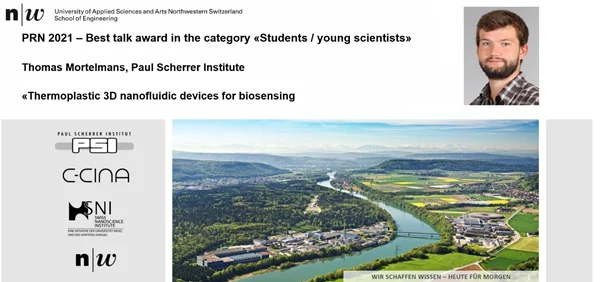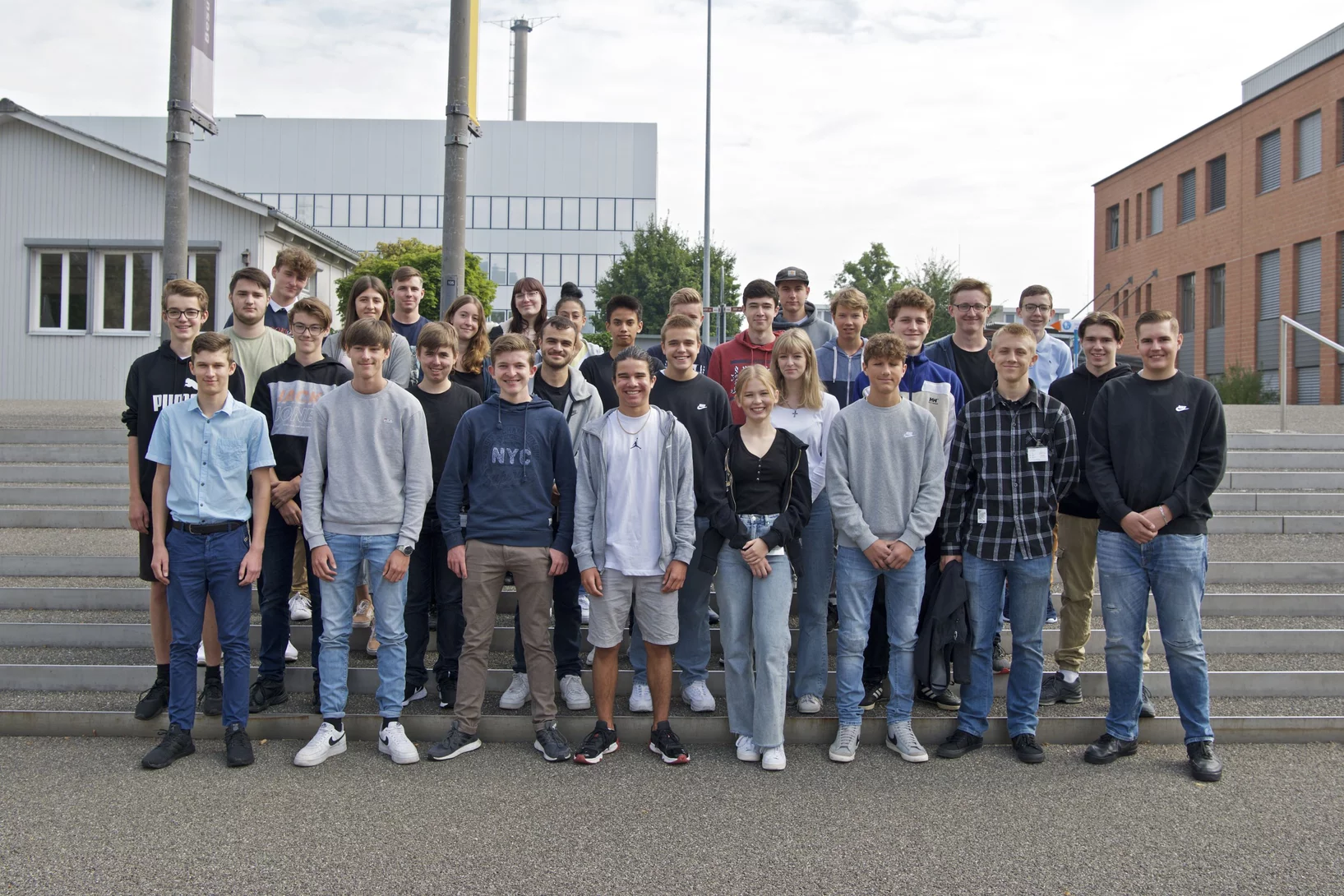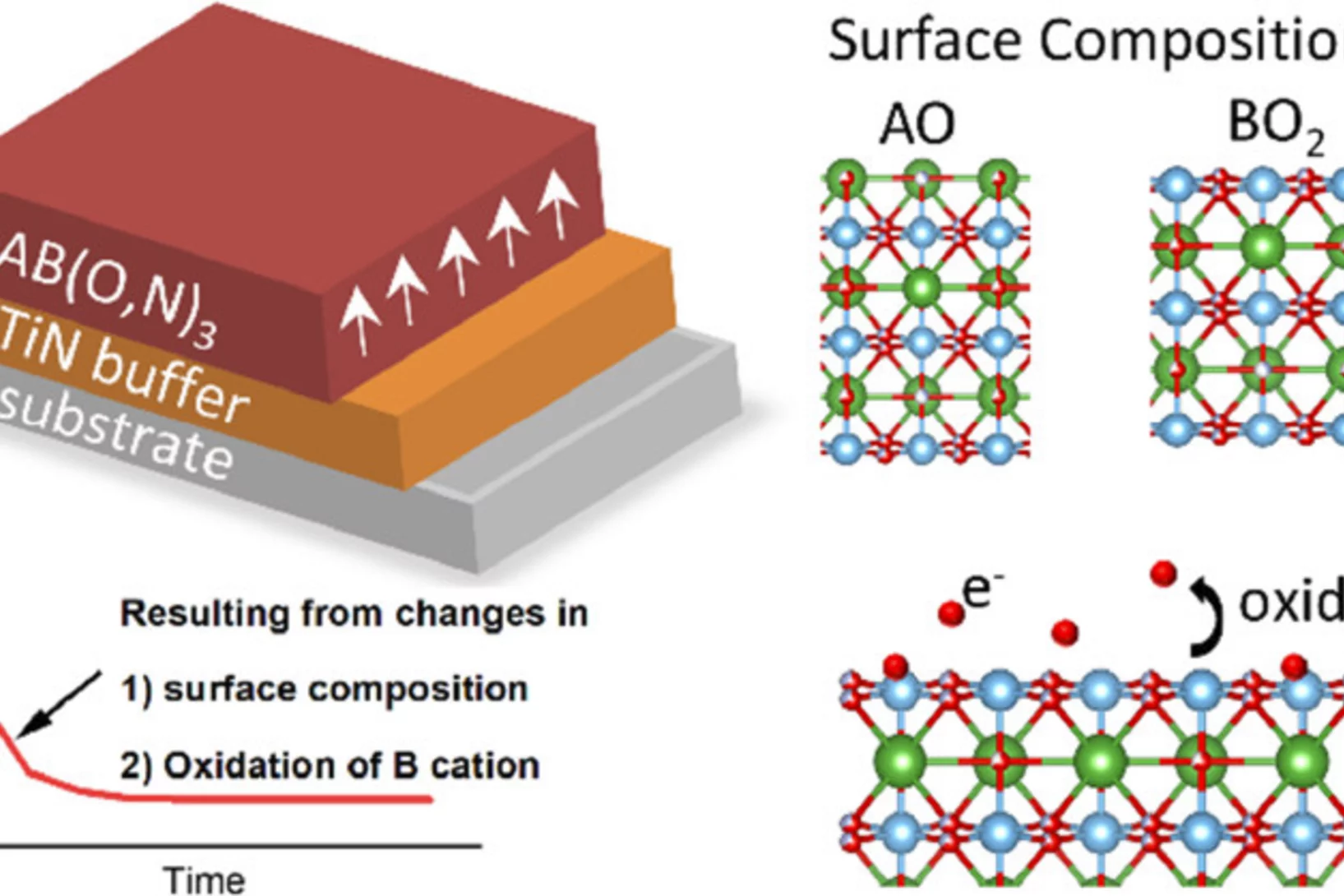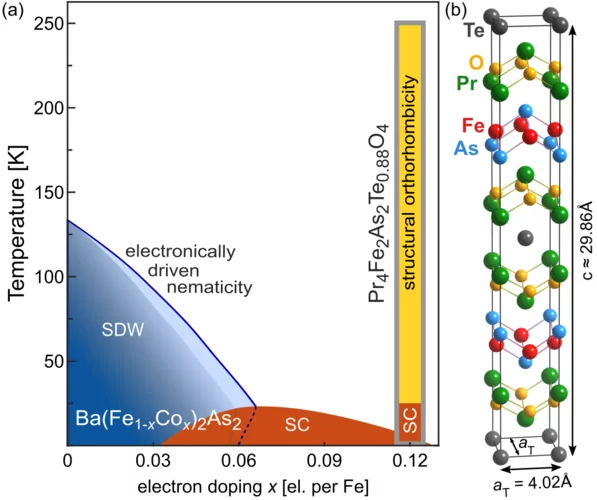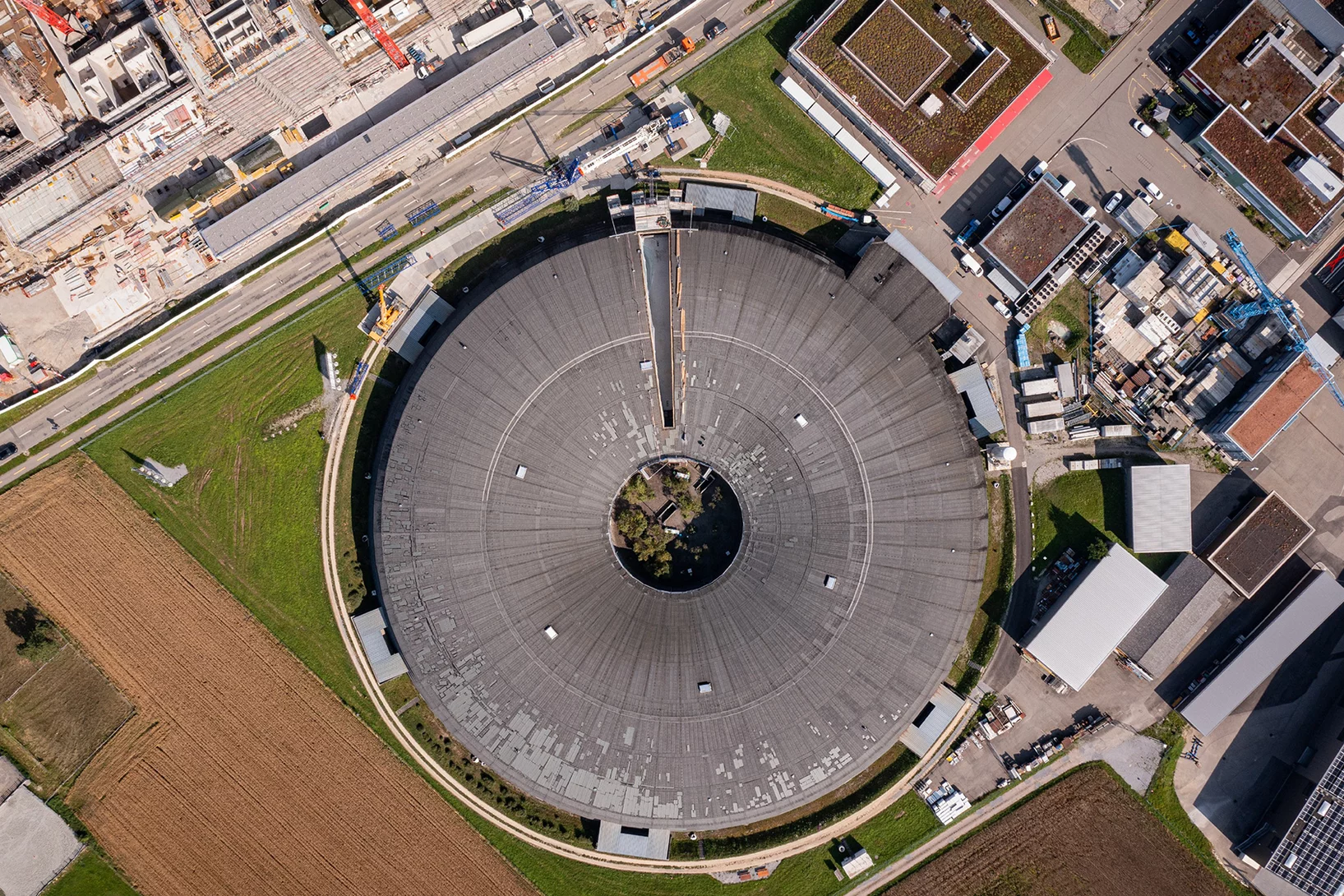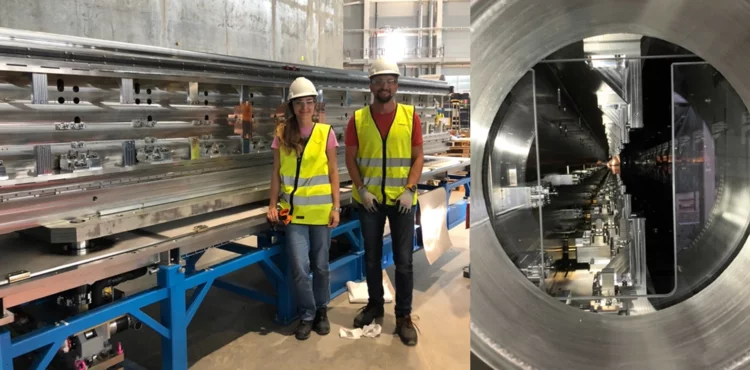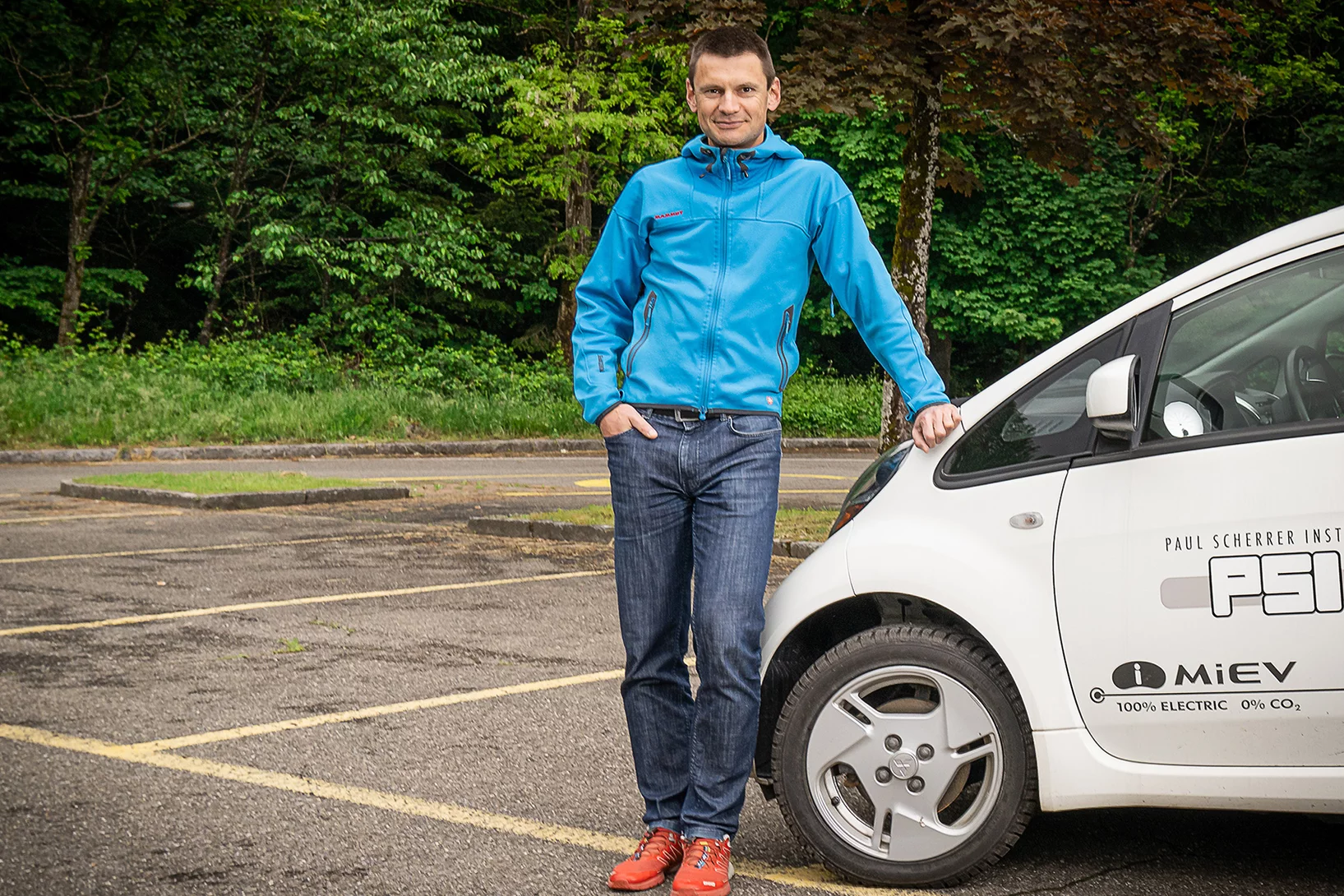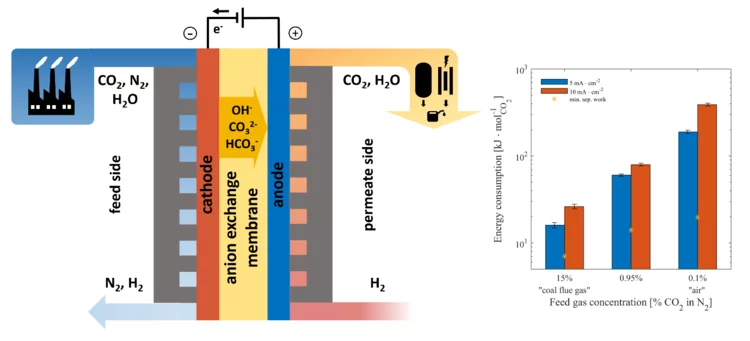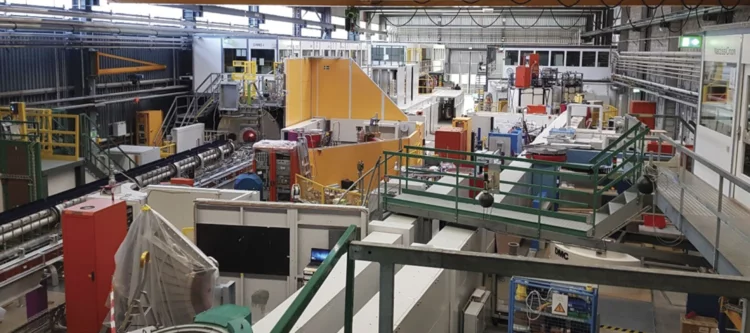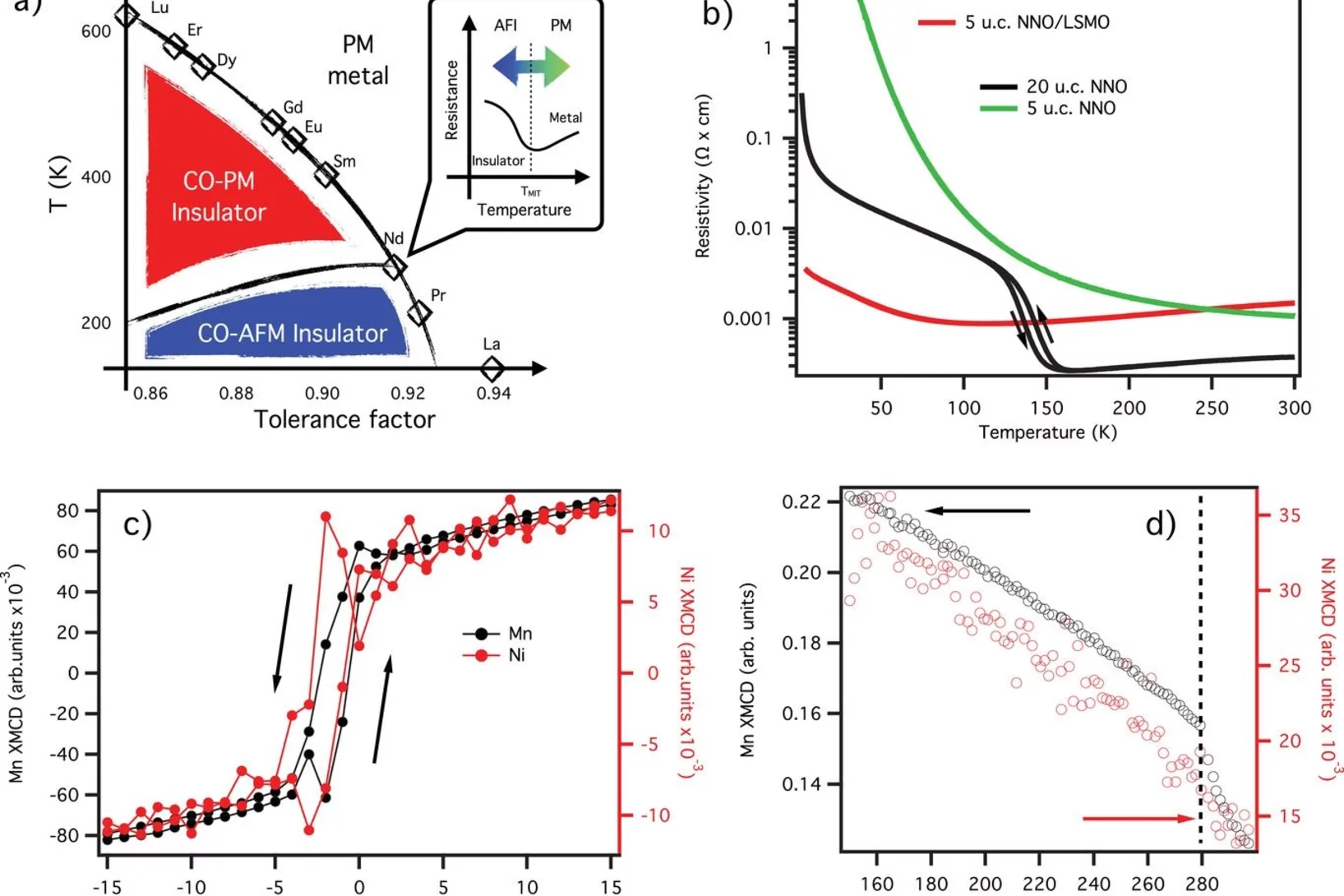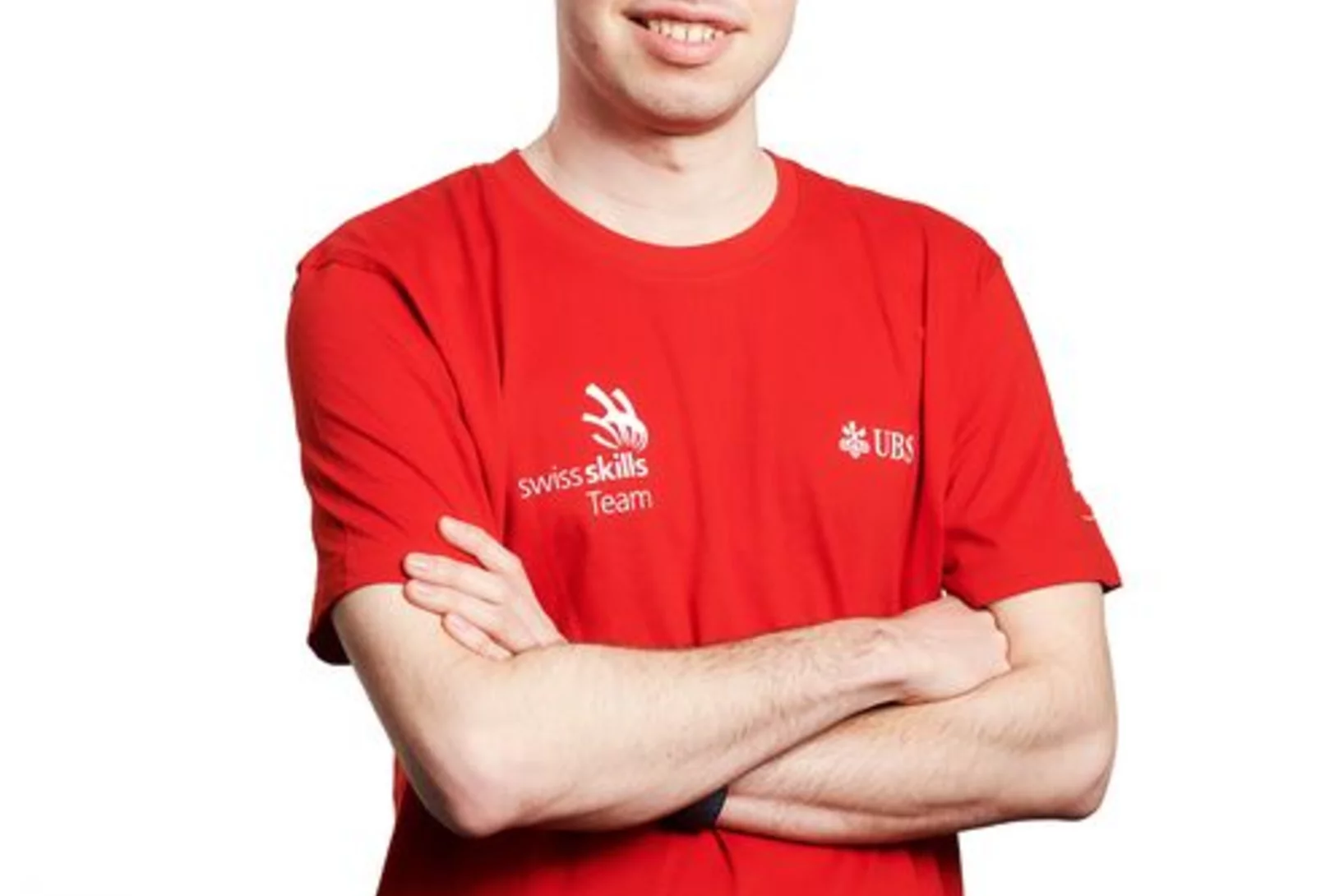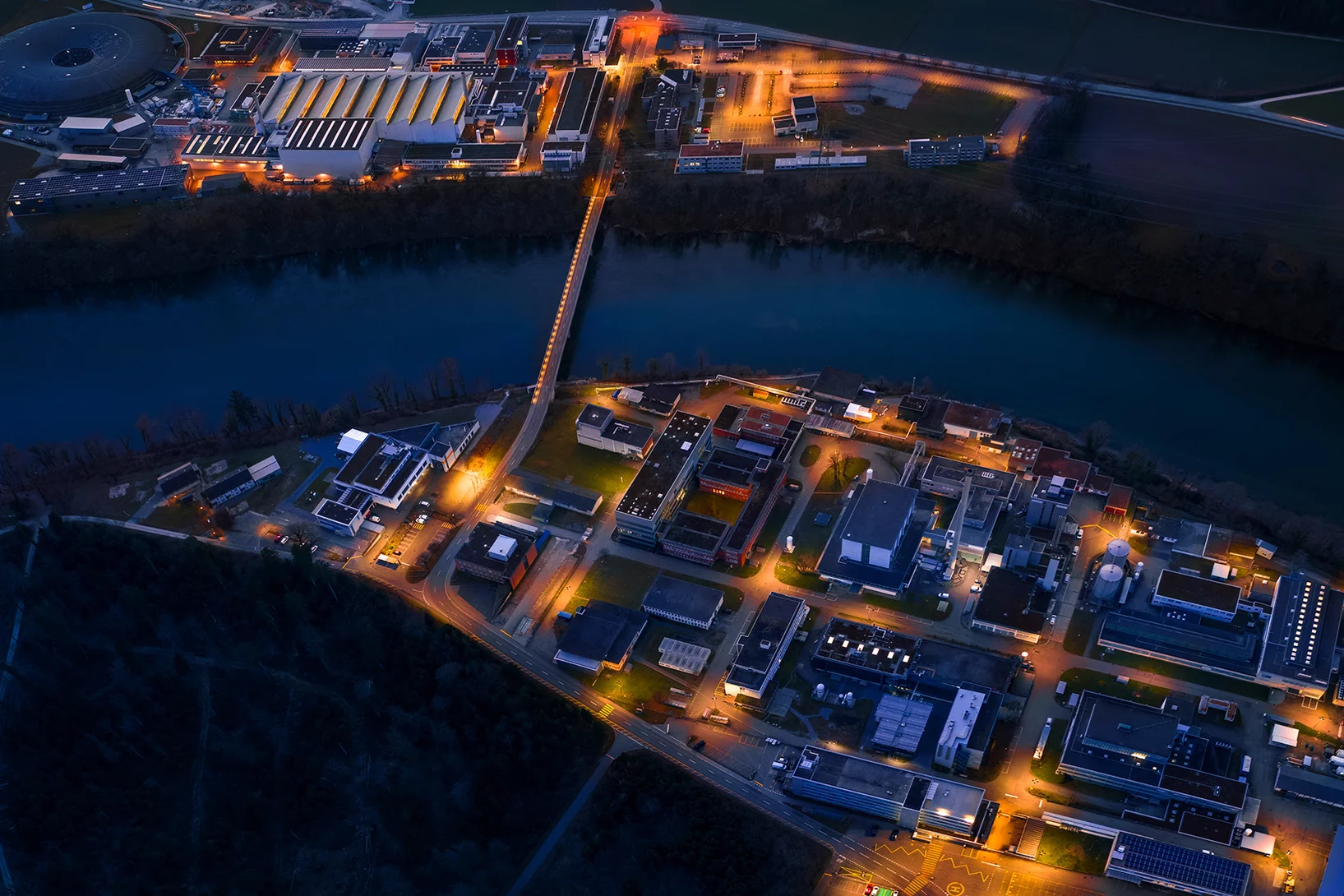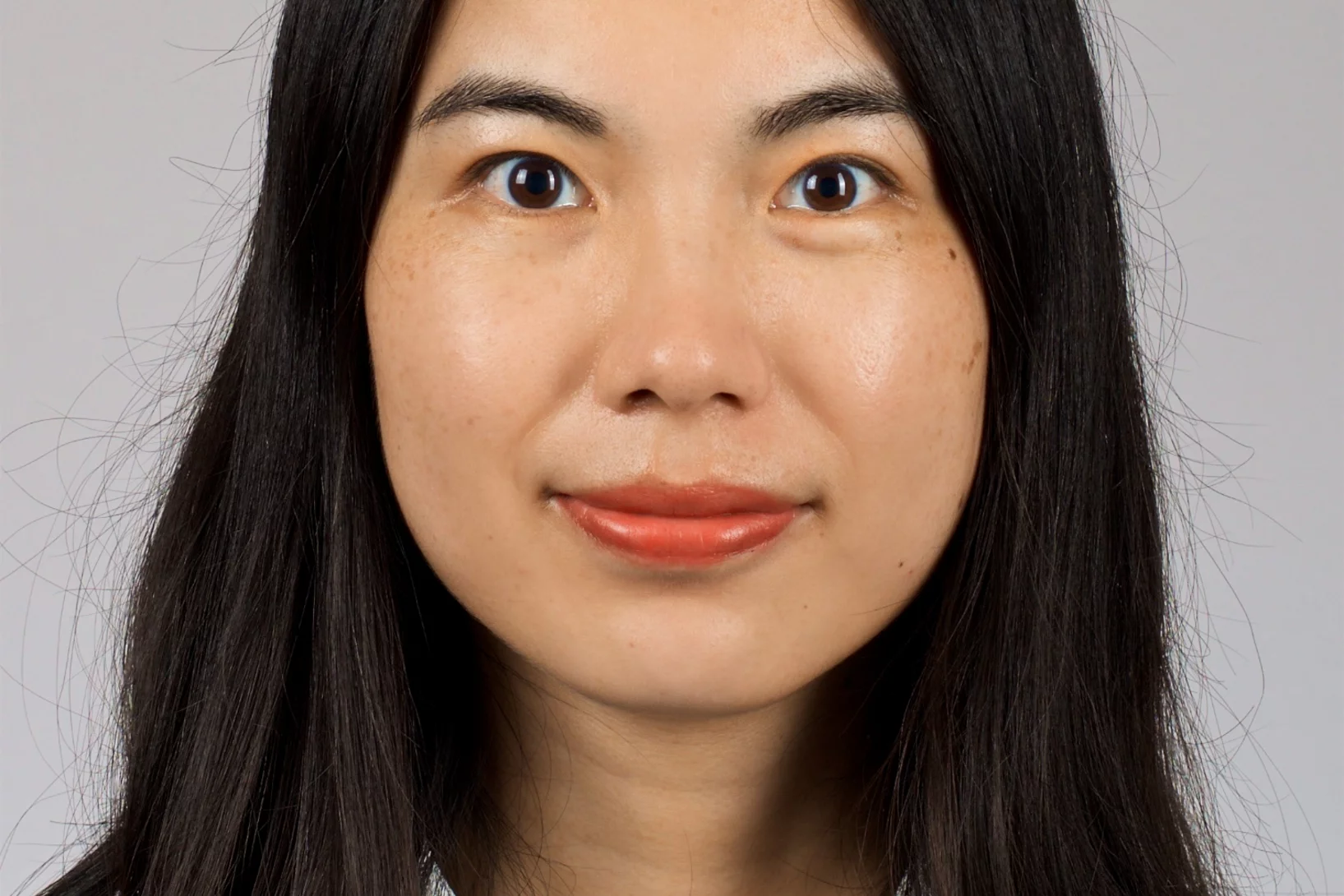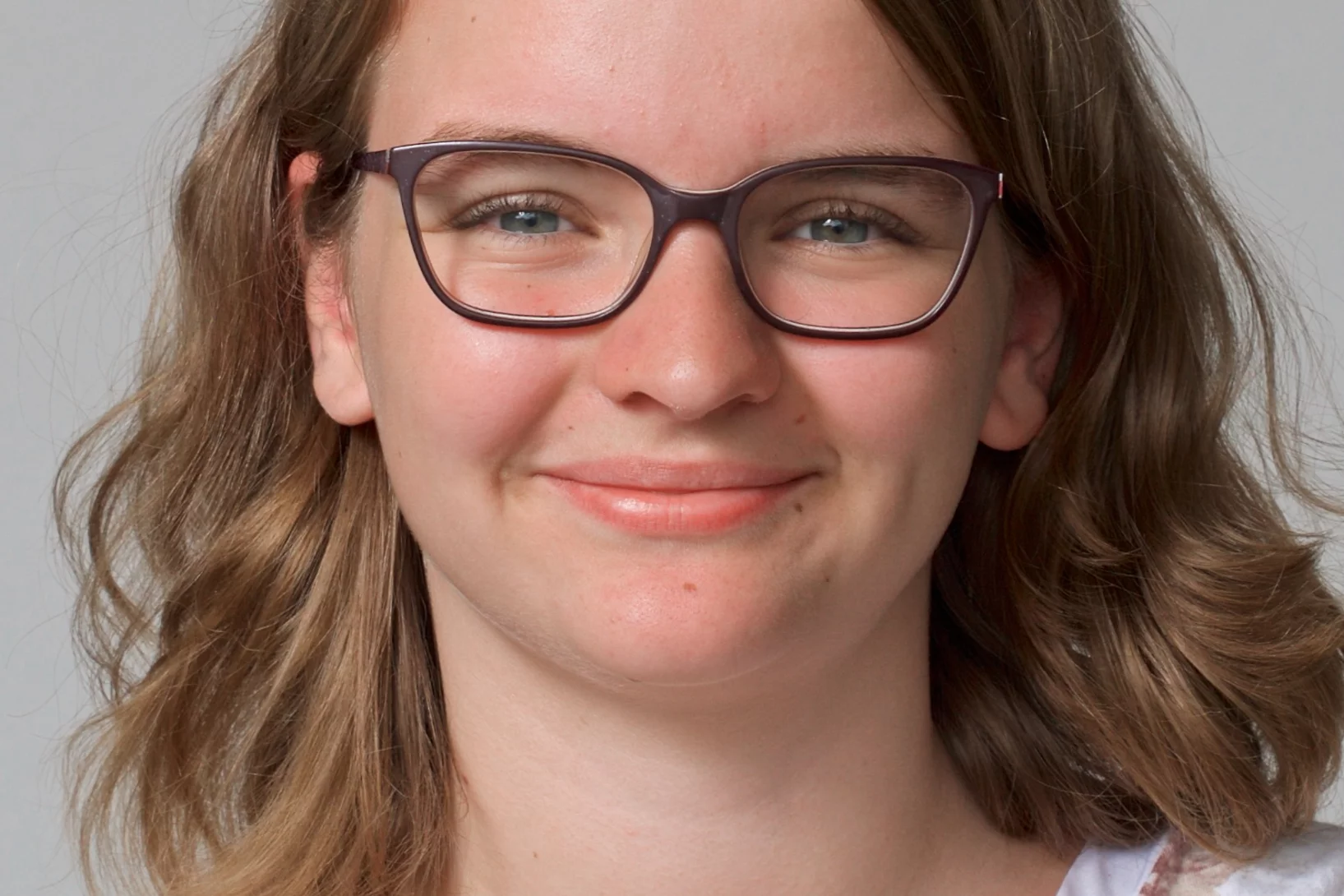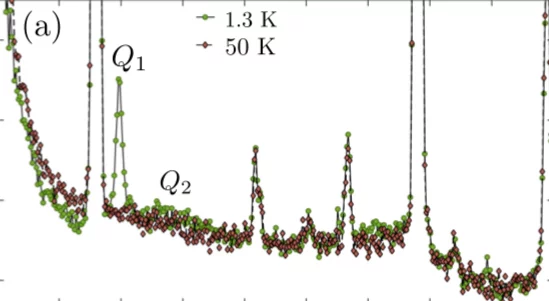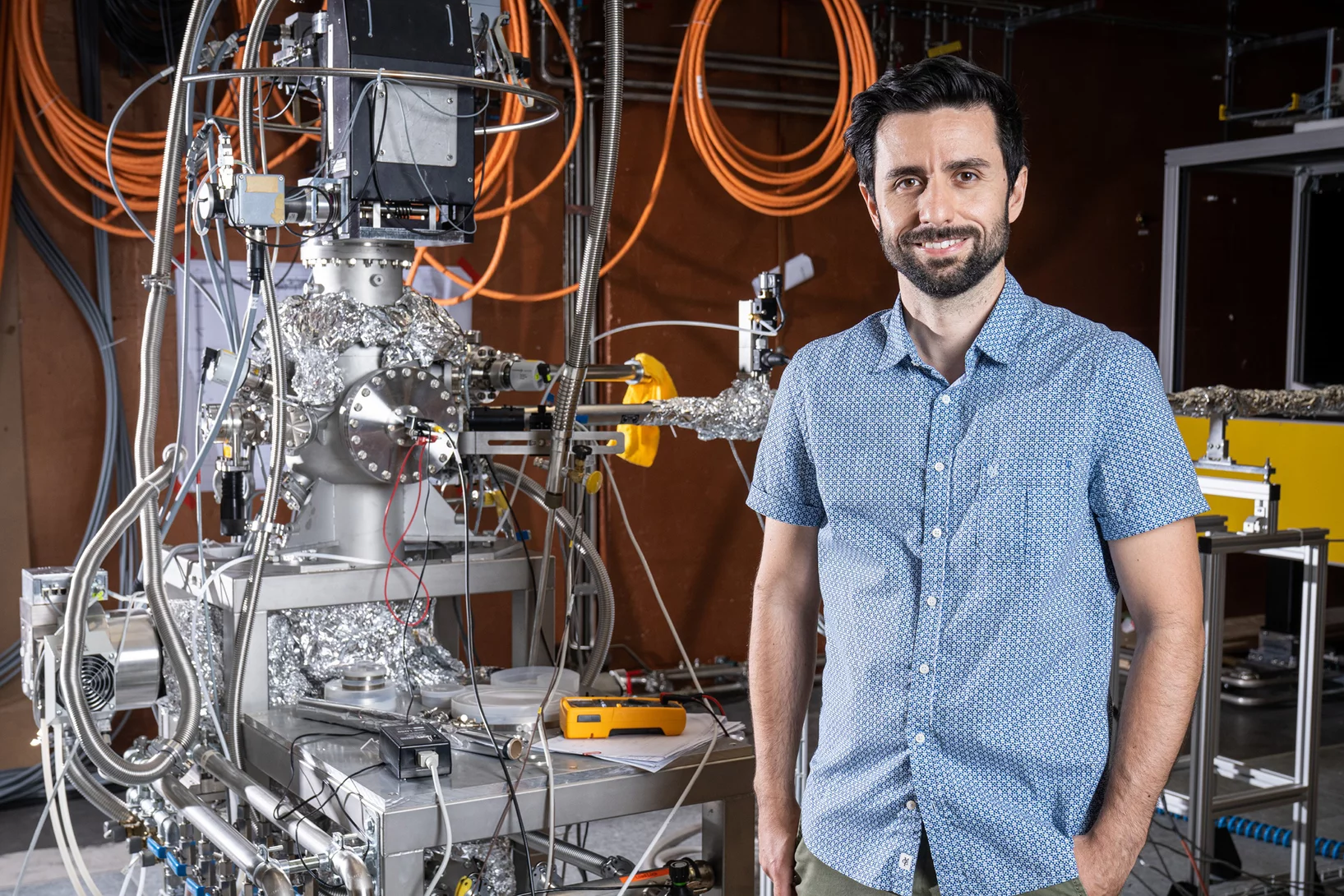Performing PhD research is generally focused on answering key questions in basic sciences. However, sometimes, these projects find real-world applications. To do so, out-of-the- box thinking and innovation are crucial. To put these to the test, the Swiss Nanoscience Institute (SNI) of the University of Basel organized a workshop called: “Innovation Workshop: From Lab to Start-up” for SNI PhD students. During this workshop, the PhD students had the opportunity to develop ideas for a possible future start-up and present them in a short, but powerful pitch to convince potential investors. The three SNI students from the team Magnocell, including three from the Paul Scherrer Institute took part and were awarded first prize. The winning team was consisted out of: Thomas Mortelmans of the Laboratory of Micro-and Nanotechnology, Shichao Jia of the Laboratory of Nanoscale Biology and Antonia Ruffo of the Electrochemistry Laboratory and Tamara Aderneuer of CSEM Basel. Their idea was to create a company that has the potential to revolutionize modern fuel cells and could make an impact on a billion dollar landscape.
When Shichao was asked about his opinion concerning the workshop, he said the following:
‘In general, dissemination of the advances in basic sciences to the public is never easy. It is even more so in a business context where you would probably have to sell your scientific idea to potential investors. In my opinion, this workshop was deliberately organized to train and prepare us for such a scenario. While the scientific idea itself is undoubtedly essential for a science/engineering-driven start-up, the preparation for the pitch made me realize that it is equally important, if not more, to convey to the potential investor the public interest brought by our idea, our grasp of the target market and our vision for the growth of the start-up. Last but not least, it was so much fun to work with Antonia, Tamara and Thomas “against the clock”.’

